Grapes Gone Wild
This link came across a mailing list that I'm on today:
Valiant Vineyards: South Dakota's first winery finding international acclaim (Prairie Business Magazine)
I have kind of mixed feelings about this idea. On one hand, I really like the idea of making use of the species native to your region, of fruit harvested from the wild. On the other hand, I've actually had Valiant Vineyard's wild grape wine, and it tastes like, well, what you'd expect wild Vitis riparia wine to taste like. Which is pretty unpleasant. It's acidic and weird, and reminds me of many of the riparia hybrids I tasted when I worked in grape breeding (although 'Frontenac', which is half wild riparia, can produce a pretty quality wine). That's just my opinion, though, and people with much more sophisticated tastes in wine than me obviously think differently.
(I do think the port might work really well, though...)
It reminds me of the 'Munson' wine I had in Arkansas. 'Munson', better known as Jaeger 70, is a hybrid of two wild vines, V. lincecumii and V. rupestris. And much like the South Dakota wine, they charge an arm and a leg for it. And much like the South Dakota wild grape wine, it tastes like wild grapes, which is to say, not particularly good, at least in the classical wine sense. (Though I will confess to a certain fondness for some wines from American grapes, many of which are only a generation or two from wildV. labrusca).
Although I don't particularly want to drink the wine, I do have a healthy appreciation of Jaeger 70, though--it's in the pedigree of virtually all French hybrid grapes, and, through these, many recent hybrids as well.
And since I'm already sort of free associating here, I might as well mention the story of Herman Jaeger. Jaeger was a Swiss immigrant who settled in Missouri in the 1860's. In addition to setting up a vineyard and winery, Jaeger also bred grapes, and was instrumental in saving the French wine industry from the phylloxera disaster in the 1870s, for which he was awarded the French Legion of Honor. ('Munson' was named for T.V. Munson, his friend and fellow grape breeder). And, in an interesting final twist, in 1895, at only 51, he walked out of his home, saying he was headed for Joplin, and was never seen again. He left behind a note instructing his family not to look for him. No one knows what became of him.


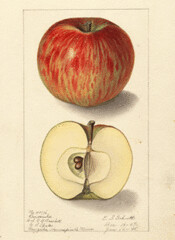
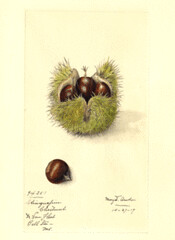
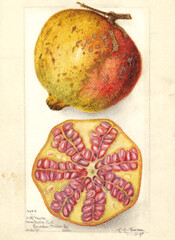
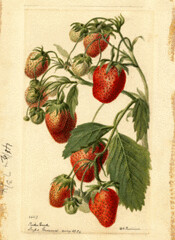
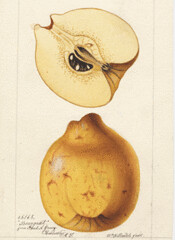



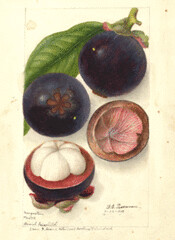
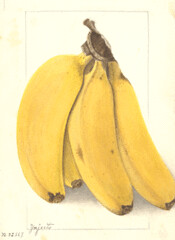

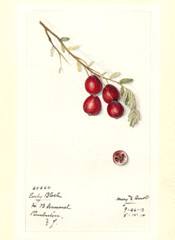
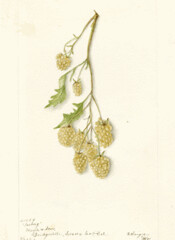
4 Comments:
I've had the Valiant Vineyard Wild Grape wine too and it was nasty....sorry....
www0702
michael kors outlet
ugg boots
polo ralph lauren
coach outlet
chloe sunglassess
san francisco 49ers jerseys
coach outlet
cheap jordans
jimmy choo sunglasses
true religion jeans
qzz0723
ray ban sunglasses
fitflops outlet
coach factory outlet
longchamp bags
christian louboutin shoes
canada goose outlet
michael kors outlet online
bottega veneta outlet
polo ralph lauren
houston texans jerseys
Judi Online
Judi Bola
Slot Online
Idnplay
Post a Comment
<< Home